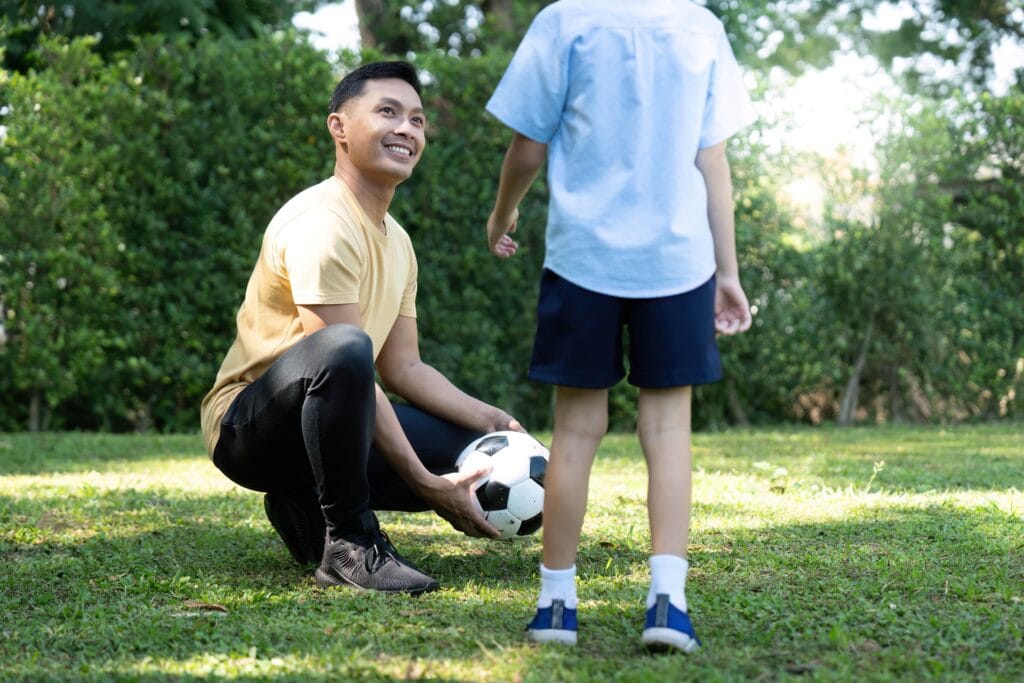Soccer, dance, music lessons, or karate—these activities bring joy and growth to children, but they can also spark disagreements between parents. One parent may believe sports build discipline and teamwork, while the other feels the time commitment is overwhelming or conflicts with academic priorities. When parents are divorced or separated, these disagreements can quickly escalate into legal questions: who gets to decide what activities the child participates in?
Legal Custody and Decision-Making Power
In North Carolina, the answer often lies in the type of custody arrangement. Legal custody refers to the authority to make important decisions about a child’s upbringing. This includes education, healthcare, religion, and yes—sometimes extracurricular activities. Parents who share joint legal custody are expected to work together to make these decisions. If one parent has sole legal custody, that parent typically has the final say.
When parents share joint legal custody but cannot agree, disputes over extracurricular activities can become complicated. Unlike medical care or schooling, extracurriculars may not be seen as “essential,” yet they still affect the child’s schedule, expenses, and quality of life. Because of this, courts sometimes have to step in.
The Court’s Focus: Best Interests of the Child
If parents cannot reach an agreement, a judge will once again apply the standard of “the best interests of the child.” Courts may consider whether the activity supports the child’s development, interferes with time with the other parent, or creates financial hardship. For example, if a child is thriving in a long-standing activity, a court may be hesitant to disrupt their routine. On the other hand, if an activity consumes all weekends and severely limits the noncustodial parent’s time, the court may view it differently.
Financial Responsibility for Activities
Another common dispute involves costs. Extracurricular activities often come with fees for uniforms, equipment, travel, and coaching. Unless an agreement or custody order specifically addresses how these expenses are shared, parents may find themselves arguing over who pays. In North Carolina, child support calculations typically cover basic expenses, but not necessarily additional costs like club sports or private lessons. Parents can negotiate separate agreements about these expenses, or the court can make a determination if necessary.
Options for Parents Before Going to Court
While it is possible to ask the court to intervene, parents are encouraged to resolve these disputes outside of litigation whenever possible. Mediation can be an effective tool, allowing parents to discuss their concerns in a structured environment with the help of a neutral third party. Parents can also revisit or modify their custody agreement to include specific language about extracurriculars, such as how activities will be chosen, how time will be shared, and how costs will be divided.
When the Court Gets Involved
If mediation fails and a dispute makes its way into the courtroom, a judge may modify custody or issue specific orders about activities. The court will weigh evidence, such as the child’s preferences (depending on age and maturity), the impact on each parent’s visitation, and the financial burden of participation. Because extracurricular disputes are so closely tied to parenting time and cooperation, they can sometimes trigger broader custody modifications if one parent is unwilling to cooperate in good faith.
Practical Advice for Parents
Parents facing disagreements over extracurriculars should keep the child’s wellbeing at the center of the conversation. Ask whether the activity benefits the child emotionally, socially, or academically, rather than focusing solely on convenience or personal preference. Document communications with the other parent, maintain a respectful tone, and seek legal guidance if discussions become unproductive. Clear agreements today can prevent conflicts from escalating tomorrow.
Why Legal Guidance Matters
Extracurricular disputes may seem minor compared to custody battles or child support hearings, but they can quickly grow into significant legal issues. At Lincolnton Family Law, we help parents navigate these conflicts with empathy and practical advice. Attorney Jennifer Hames understands that parenting after separation is not just about legal orders—it’s about making sure children thrive. By providing clear guidance and strong advocacy, our team helps families find solutions that protect children and preserve parental rights.
Conclusion
In North Carolina, disagreements about extracurricular activities are resolved through the framework of custody law. Whether by joint decision-making, mediation, or court intervention, the child’s best interests always guide the outcome. If you find yourself unable to agree with the other parent, it is important to seek legal advice before the conflict affects your custody arrangement or your child’s happiness.
Why Choose Lincolnton Family Law?
Choosing the right attorney is essential. Jennifer Hames and the team at Lincolnton Family Law bring a compassionate, understanding approach combined with a wealth of experience in family law. We focus on minimizing conflict and resolving issues efficiently to protect your future.
We understand the emotional and financial stresses involved in dealing with the law and court and are committed to making this process as smooth as possible for you and your children. Our local presence in Lincolnton allows us to be accessible when you need us, providing timely and effective legal solutions.
Navigating court doesn’t have to be a journey you take alone. Contact Lincolnton Family Law today, and let us help you ensure the best for you.

